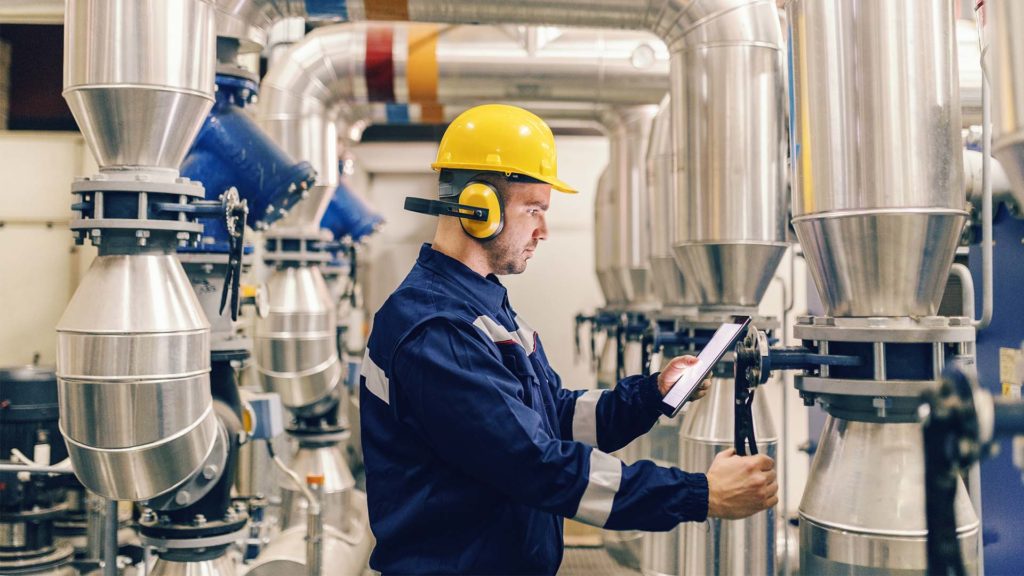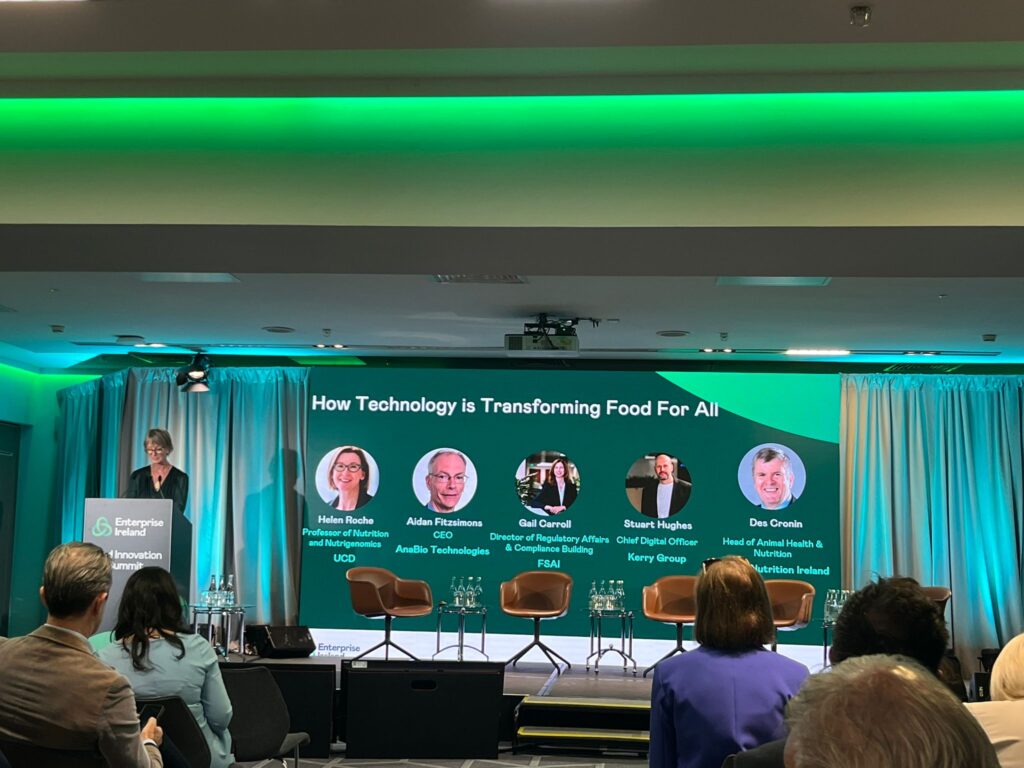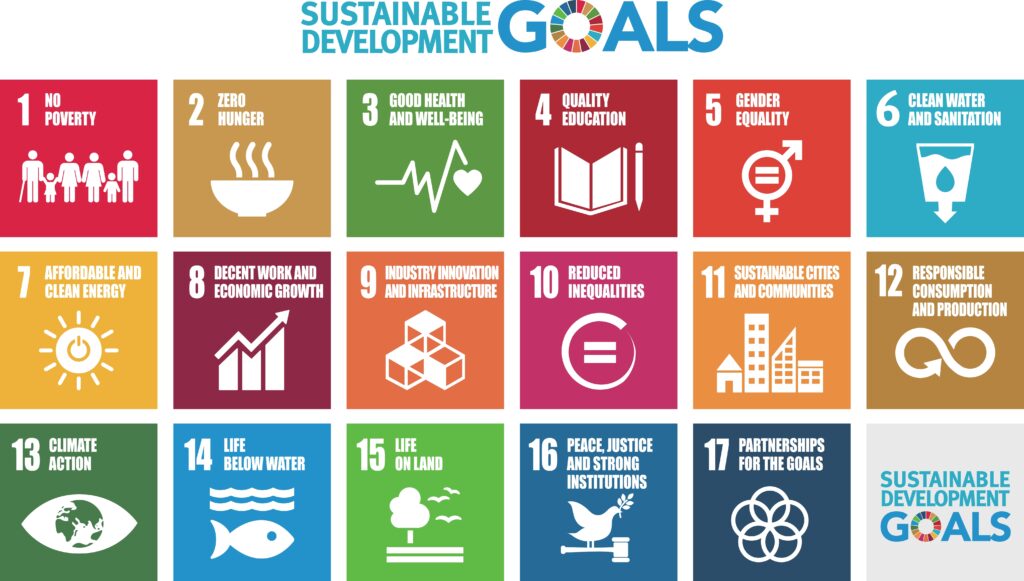
Sustainability and digital transformation are both major change drivers for manufacturers. And when enabled by Industry 4.0 solutions, productivity and efficiency don’t need to be sacrificed to meet sustainability goals.
Emerging technologies are moving manufacturers away from traditional processes, and offering improved returns for manufacturing, supply chain and logistics companies. Improved sustainability is often a by-product of process optimisation.
With increasing, operational challenges and costs due to the everchanging geopolitical landscape businesses face an imperative to make their operations more resilient, tackle environmental sustainability and have a positive impact on the environment and people. Going paperless provides huge opportunities for people, processes and the planet.
Why should manufacturers go paperless?
Paperless manufacturing replaces traditional paper-based data capture with digital data capture. With a focus on speed, reduced waste, less equipment downtime and more efficient processes, manufacturers have been making their operations more sustainable just through optimisation. By aiming to go fully paperless, manufacturers can further improve efficiencies, while achieving further sustainability gains.
Why go paperless?
Reducing paper usage is not only beneficial for the environment, it also improves the accuracy of data capture and reduces manual processing. Paper processes are typically much slower and have a much longer lead time for that data to become useful. Data needs to be gathered and entered into paper forms, and those forms need to be transported and then added to another system. This process is open to human error, delays in data capture, and being lost along the way, presenting security issues. In addition, this paper-based data needs to be stored or destroyed securely, creating another task and further environmental and efficiency drains.
By implementing a secure digital data collection system, sustainability can be improved in many ways. By reducing paper trees are saved, ecosystems are maintained and the environmental cost of a business has been reduced. But going further, the business will have replaced manual, resource intensive processes with a sustainable, replicable process that will present data in real-time and lead to further improvements in process efficiency.
How manufacturing process can go paperless
Paperless forms
For manufacturers committed to paper processes, they risk becoming antiquated and unable to compete. The need for change can’t be ignored for much longer.
Paper-based forms and data capture are among the most inefficient processes in manufacturing, from both a process and environmental standpoint. With a business of any size, a paper-based system is not suitable for scaling. Paperless forms can be replaced by data capture screens and scanners, which can either be in situ or mobile, going wherever they are needed.
This frees employees from time-consuming data entry and transfer; with paperless forms, data can be entered straight into the cloud database, accessible when and where it’s needed.
See how we transformed this Irish MedTech’s processes by introducing a paperless order system here.
IoT
The Industrial Internet of things, or IIOT uses a network of wireless or wired sensors to collect data from manufacturing processes. By employing these sensors in older equipment, or reduces the need for manual checks and paper-based data capture. This information is stored on servers locally or in the cloud, and facilitates a wider shift in the supply chain to going fully paperless.
With better insights into equipment performance, there will be less equipment downtime, cost reductions due to improved efficiencies, and real-time process information.
Cloud-based storage
By taking what was paper-based data capture and making it digital, all this information can now be stored in local servers or offsite in the cloud. Cloud storage has further sustainability improvements, by reducing energy from local servers, decreased emissions producing, transporting and constructing servers and keeping them powered and cooled. Larger data centres will work more efficiently and will provide remote access to data, allowing teams to work off-site, reducing transport costs and energy usage.
Our own “WrxFlo revolution” has the potential and trajectory, to establish and maintain our place as a “leader” in our global group… A paperless, real-time reporting workplace is now a reality.”
CEO, Irish manufacturing firm
Going paperless with WrxFlo
For manufacturers tied into legacy paper-based systems, the move to paperless can seem like a daunting step, despite the sustainability benefits. With the WrxFlo platform, we can facilitate this your digital transformation. With our platform, we can implement paperless forms, IoT sensors, and cloud storage to bring all of your data together in real-time.
Request a demo from our team today, and start your own WrxFlo Revolution.




